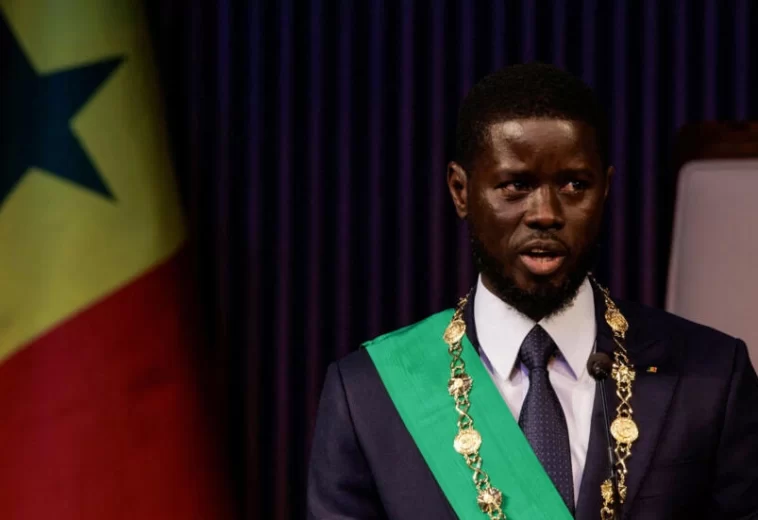Every year, Africans migrate to other continents in their droves, in search of better living conditions. The majority of African diasporans hold on to their African identity and their families in Africa who made sacrifices to get them there. Africans in diaspora have been consistently remitting money to the continent; sustaining families and funding businesses that are either run by their families or investment firms.
In 2022, 160 million Africans living outside the continent sent $95 billion back home in remittances. It was reported that of that $95 billion, $53 billion went to Sub-Saharan African countries; Nigeria, Ghana, Kenya, and Zimbabwe as the top destinations. This surpassed the $30 billion generated from Foreign Direct Investment and $29 billion in official development aid in the same year.
Through their financial remittance, Africans in Diaspora have been instrumental in driving investment and entrepreneurship within Africa. The funds have been instrumental as capital for business start-ups ranging from industries to real estate, tourism, and entertainment. Through these business startups and infrastructure projects, they bring expertise, and networks that stimulate local economies.
A lot of Africans in Europe and other parts of the world migrate to obtain educational degrees and professional certifications. This opens them up to a plethora of skills and knowledge that come in handy while abroad. On returning home, they often engage in capacity-building initiatives, training programs, mentorship, and knowledge transfer in various sectors; to the younger generation back home. This improves the skill and professional knowledgeability of young Africans.
Africans in diaspora play a significant role in promoting and preserving the African cultural heritage on the global stage. Through the use of arts, music, literature and some cultural practices, they contribute to a broader appreciation and understanding of African identity and diversity. African communities in diaspora also help in advocating policies that support development, social justice, and human rights within Africa.
Diaspora influence international relations and promotion of mutual understanding on a global context as they serve as a bridge between their host countries and African nations. Many Africans individually or through organisations facilitate humanitarian aid and philanthropy initiatives in healthcare, education, infrastructure, and community development, to address critical needs and foster sustainable growth.
READ ALSO: Shifting Alliances: The Rise of Russian Military Influence in West Africa Amid US Withdrawal
Africans in the Diaspora are increasingly participating in the political processes both within their host countries and their native countries in Africa. In the last Nigerian elections, some Nigerians came back home to participate in the elections and vote for their preferred candidates. Their involvement in the electoral process advocates inclusive governance, democratic reforms, and policies that support economic development and social justice.
Due to their exposure and knowledge in science and technology, Africans in diaspora leverage on their expertise to bring about innovations, contributing to the advancement of sectors like fintech, agriculture, renewable energy, and telecommunications. Their contribution to academia and research facilitate academic exchanges, research partnerships, and joint initiatives with international partners that strengthen educational institutions and research capabilities within Africa.
The contributions of Africans in Diaspora highlights the efforts of Africans in actualizing sustainable development within the continent. Their contributions transcend economic and financial aid but are wholesome as they not only equip the future generation with worthwhile skills but also showcase the beauty and diversity of the continent. African countries can harness this potential to achieve inclusive and resilient development goals.


